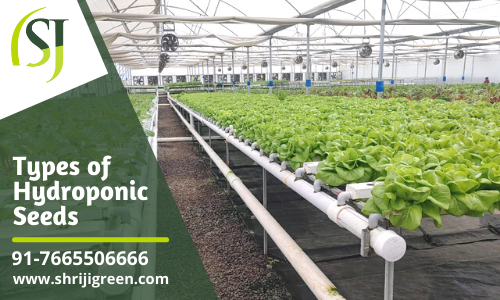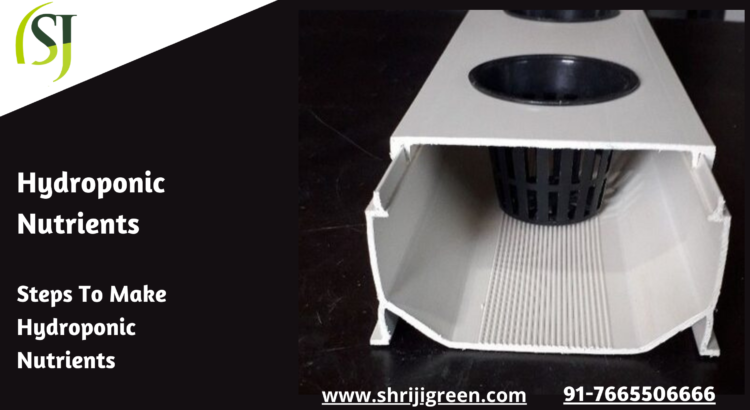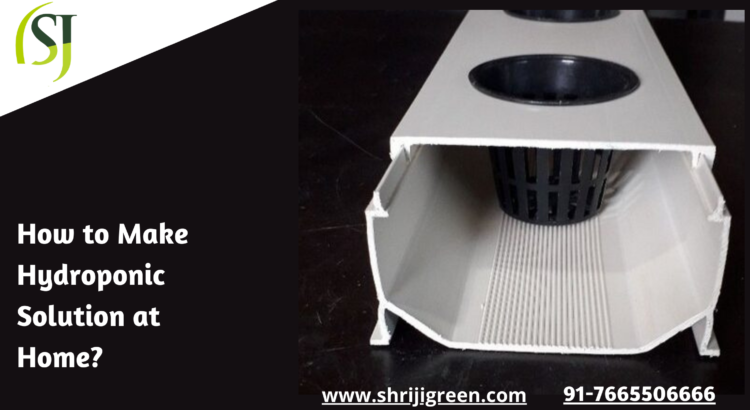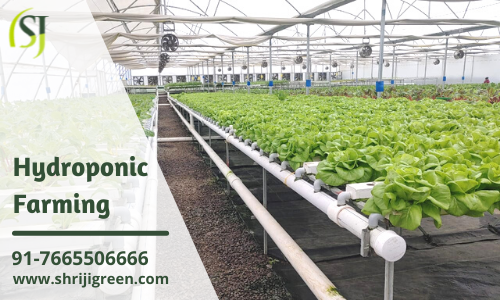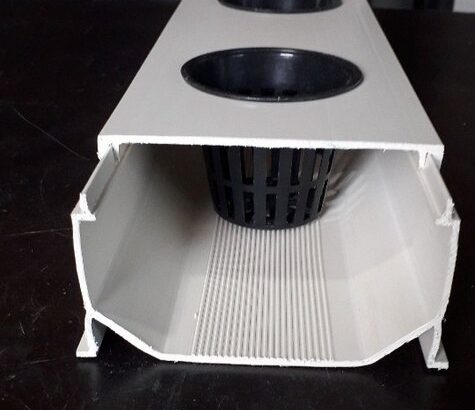Tag: Hydroponics at home
Hydroponics at home farming is one of the most productive ways to grow healthy crops in any environment. But it can be a confusing process if you’re just starting out.
This complete guide to hydroponics at home farming covers everything. From the different soil-free methods to how to select and maintain your equipment. Including helpful diagrams and step-by-step instructions throughout.
Whether you’re an experienced farmer or this is your first time with hydroponics. You’ll get all the information you need here!
Points to remember when creating a Hydrophonic farm
All plants require light and water for survival. Whereas soil and sun are sufficient for traditional farming.
Hydroponics requires a greater level of precision. One part per million can affect plant growth in hydroponics. So it is important to monitor. Monitor your nutrients, pH levels and contaminants regularly. This makes hydro farms more difficult but also provides an opportunity for large profits.
Here are some tips that you must follow when creating a hydroponic farm-
- Don’t forget that lighting is one of the most crucial elements. Because without it there will be no photosynthesis occurring.
- Second, you have to understand how much natural sunlight different types of vegetation need. Keep good track of both day length as well as temperature variance. The track between summer and winter months so that your crops won’t suffer from seasonal change shock.
- And lastly never neglect basic controls on disease prevention. Because once they strike all efforts are likely to fail until you manage to get rid of them completely.
Overall, make sure you know what to expect before diving into such a venture. The government may not always help you in case things turn out badly. Instead, try looking up relevant forums or community groups. To understand what has worked for others who have tried out similar ideas.
Advantages of hydroponic farming
Hydroponics gives farmers two main advantages over other types of farming.
- First, because plants are grown in a controlled environment. Hydroponic farmers can grow crops throughout the year instead of only during certain seasons.
- Second, hydroponics uses less water than conventional farming. So it is more environmentally friendly.
